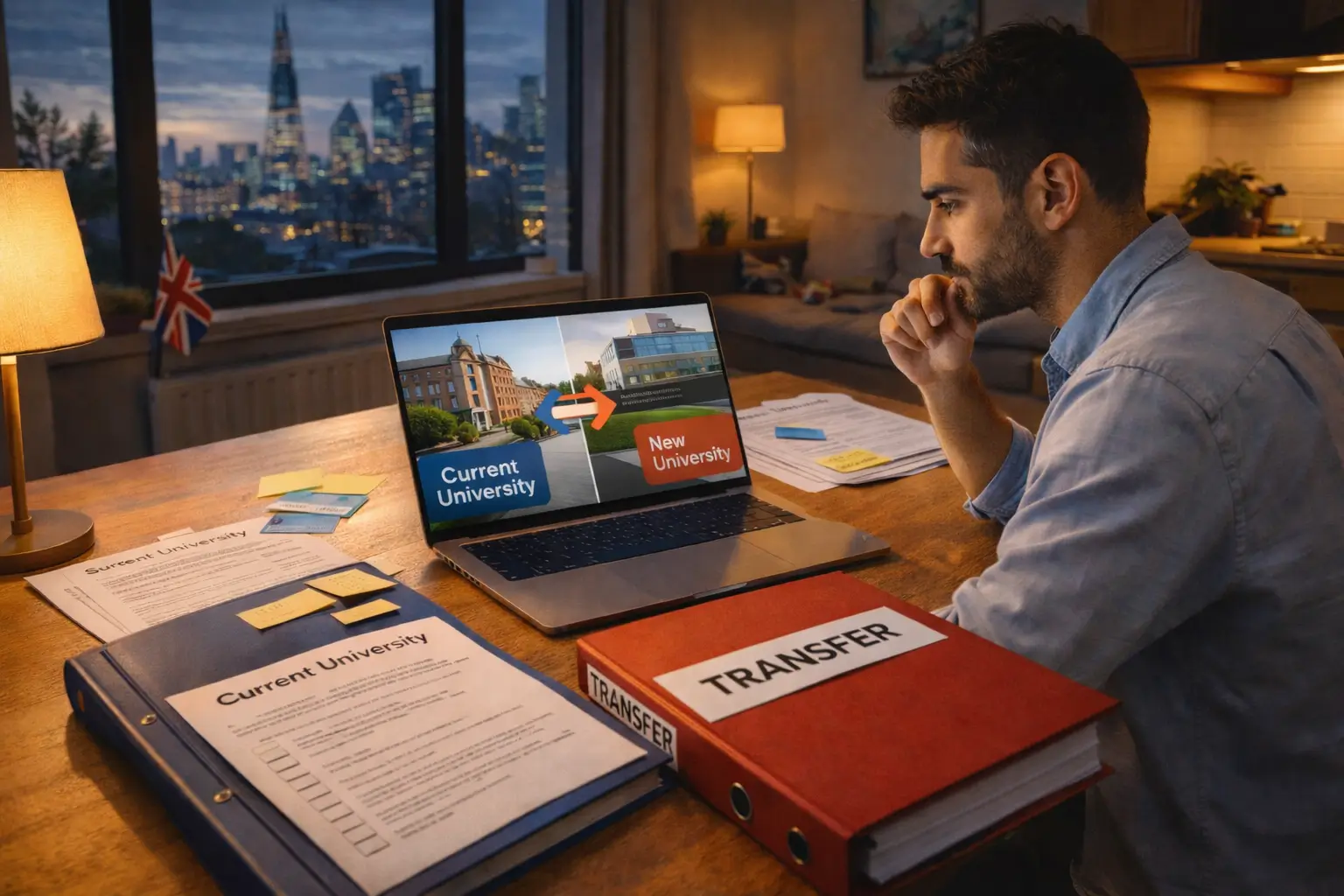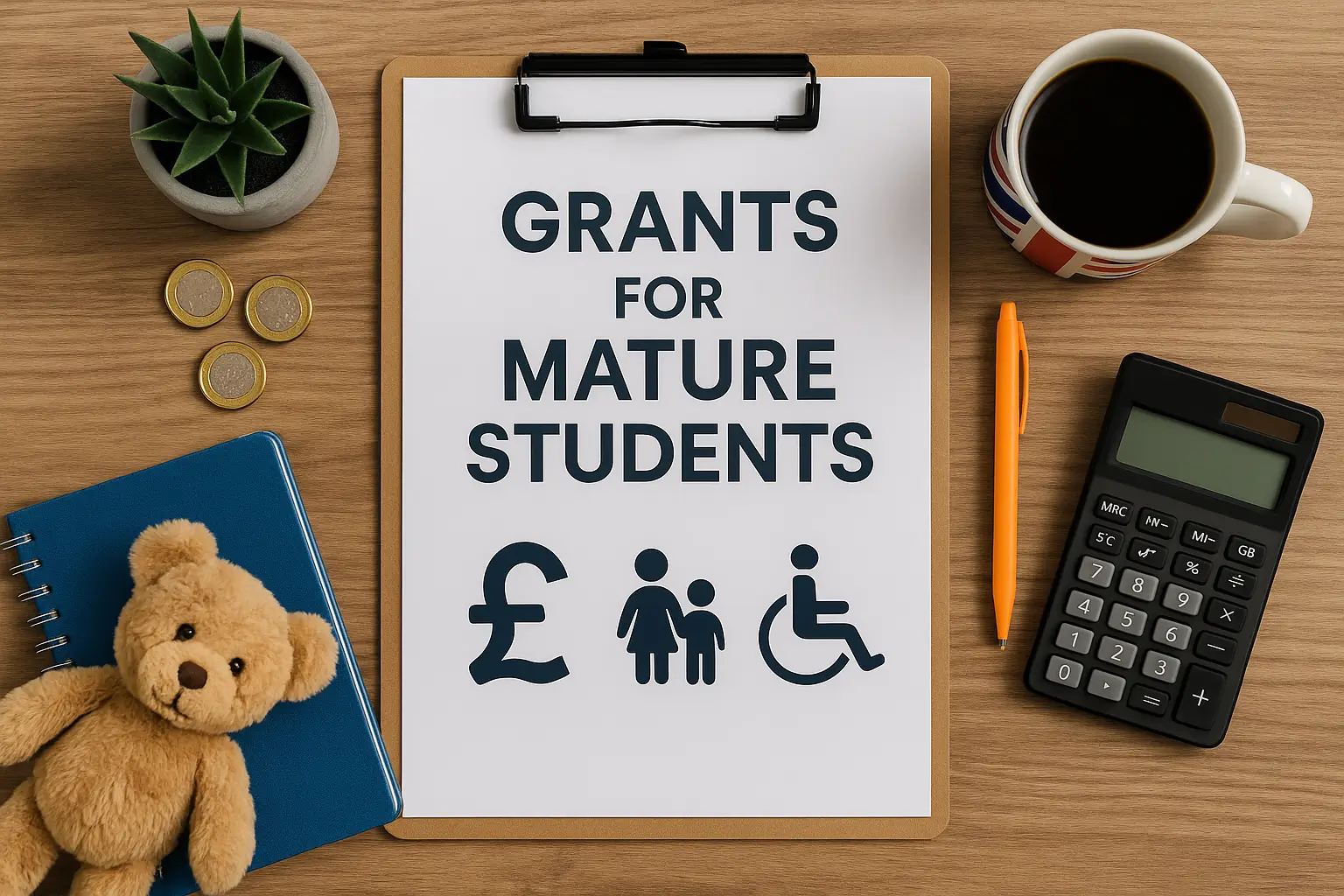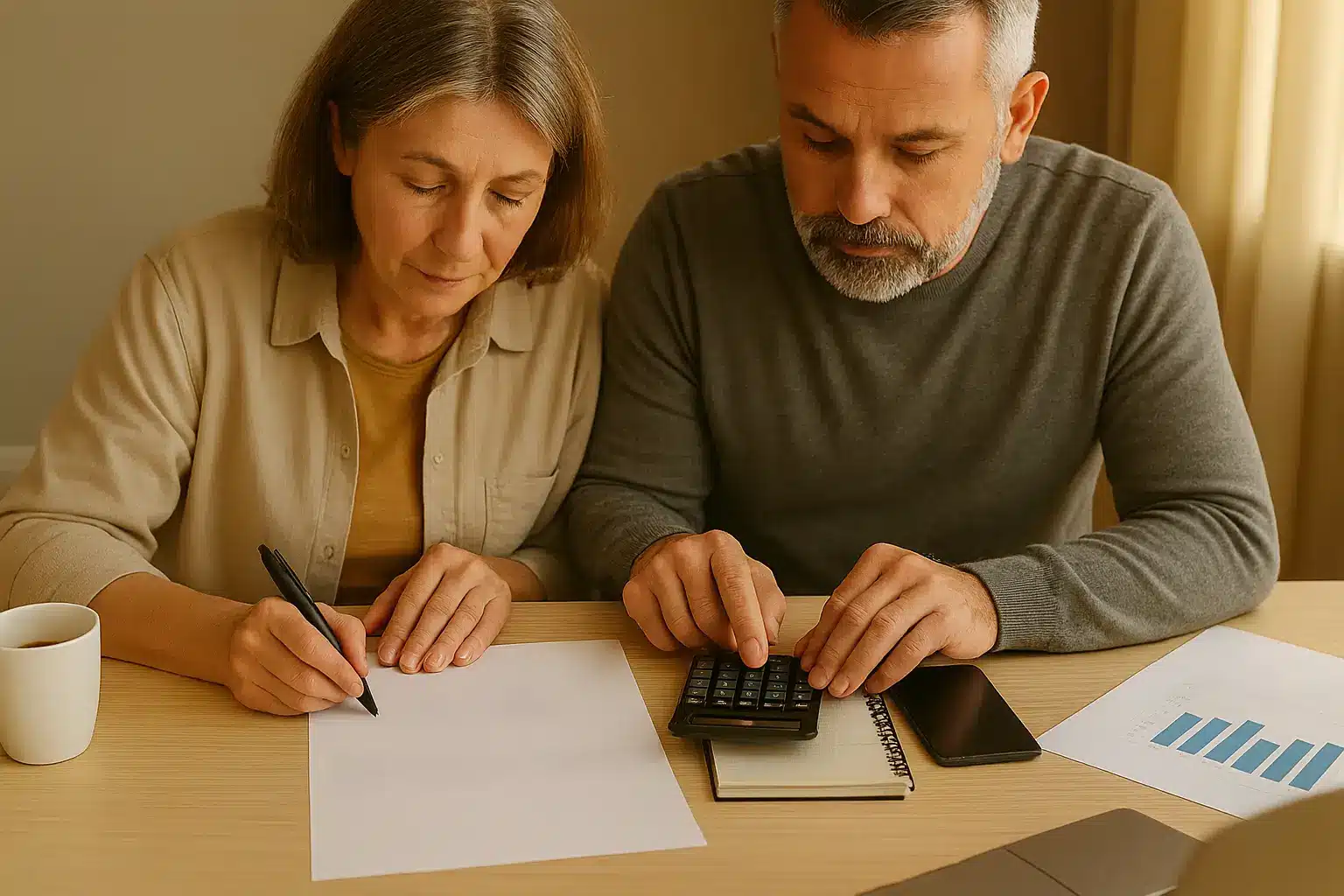What happens if you fail your GCSE – 6 options you can go for!

Mihai Flueraru
April 17, 2025
August 21st is GCSE results day in 2025 — and hey, it’s totally normal to feel a bit down if your marks aren’t quite what you hoped for. So, what happens if you fail your GCSE?
First of all, breathe. Seriously. Failing a GCSE (or even a few) isn’t the end of the world — not even close! Loads of people don’t get the results they wanted but still go on to do amazing things.


Well, don’t panic. You’ve got options. Lots of them. Let’s get into the details!
What is a GCSE?
Students in the UK take GCSEs (General Certificates of Secondary Education) as their final set of examinations at secondary school. Students need passing grades on these exams to qualify for advanced educational opportunities and job prospects.
What Happens if You Fail Your GCSE?
Every student needs to complete at least 5 GCSE subjects while being required to study science, mathematics, and English. Most students move past the average of 9 to 10 subjects when completing their GCSE courses. Most students can get help from their schools to determine their recommended number of subjects for the GCSE program.

What happens if you fail your GCSE in a core subject like math or English? If you earn a 4 or lower in English or math, then you generally need to recover your course by retaking at least one of these subjects.
What happens if you fail your GCSE often depends on the subject and your future plans. Your future direction will be decided from a range of the right courses. Retaking courses, functional skills certificates, alternative qualifications, and apprenticeship programs are options for students who fail exams.
You are considered to have passed any GCSE subject if you receive a grade of 4 or above. For college, sixth form, university, and employment, you typically require five GCSEs at a grade of four or above, including math and English.

Getting these grades is all you need to move on to the next phase. However, depending on the subject you want to study and the institution you want to apply to, their admission requirements may change.
What to do if you have failed your GCSE?
It can be very upsetting to fail your GCSEs, but remember that you still have choices and that your goals are not over. If you fail your GCSE, it’s not the end of the world; it’s just a diversion. This is what you need to do if you don’t pass your GCSEs:
1. Retake the GCSE courses
Your school or college would often allow you to retake the GCSE English and maths exams in November. Retakes for other topics can take place in November or the summer of the subsequent year.

It depends on the subject, school or institution, and your past grades if you can retake GCSE exams for free. Find out from your college or school if there are any fees for taking the classes you have chosen again.
2. Appeal Your Grade
You have the right to contest your grade if you believe that one or more of your subjects’ exams were wrongly graded. You can do this by filing an appeal with your institution or school, which will ask the exam board for a review.
The exam board will review and remark your exam after receiving this request, and then give you your final grade. See the Ofqual Student Guide or the appropriate exam board, like Pearson or AQA, for additional details on how to appeal your grade.

3. Consider an alternative option
Your plans may be severely compromised if you were counting on receiving high scores on specific GCSEs to gain admission to your A-Level courses. Exams for the GCSE are demanding, difficult, and dependent on memorizing facts under extreme pressure. In reality, though, some people simply do not test well!
What happens if you fail your GCSEs rests on how you deal with the situation. Students fail their GCSEs due to several different factors, such as test anxiety and difficulties in learning needed for high grades.
Your exam failure might result from non-achievement of what the reviewer wanted in your answers rather than showing a lack of knowledge.

A great resource to help you study, find support, and explore your options is Enrollmate.co. This platform provides tools, guidance, and updated information on resits, alternative qualifications, and preparation strategies to help you get back on track.
Other Available Options
So, what happens if you fail your GCSE? You might always think about moving from A-Levels to a different type of course if retaking your failed exams or applying for a GCSE paper to be marked doesn’t seem like your best option. Here are a few options:

1. NVQs
National Vocational Qualifications (NVQs) are qualifications unique to a given professional role.
- A Level 2 NVQ is equivalent to your GCSEs.
- A Level 3 NVQ is similar to finishing your A Levels.
- A Level 7 NVQ is equivalent to earning a master’s degree after university.

If you want more detailed information, you can check out the UCAS website.
2. BTEC Diplomas
BTEC diplomas are qualifications that really help you get a job because they teach you specific skills for a certain type of work.

- A Level 2 BTEC diploma is similar to the level of knowledge you got with your GCSEs.
- A Level 3 BTEC diploma shows a higher level of skills, much like finishing your A-Levels.
- A Level 4 or 5 BTEC diploma is like completing the first couple of years of university.
If you want to learn more, you can visit the Pearson or UCAS websites.
3. T Levels
T Levels are another way to get your qualifications after school, just like A Levels. They mix classroom learning with actually doing a job for 45 days to give you real experience. One T Level is equal to taking 3 different A Levels. To learn more, visit the T Level website.

If you don’t pass your GCSEs, can you still attend university?
Students who fail to pass GCSEs will find university admission pathways available to them. The admission process at most colleges requires GCSE certificates but accepts alternative educational records during evaluation.
Universities allow students to make applications and describe their situations through personal statements or admission interviews, regardless of GCSE results.











